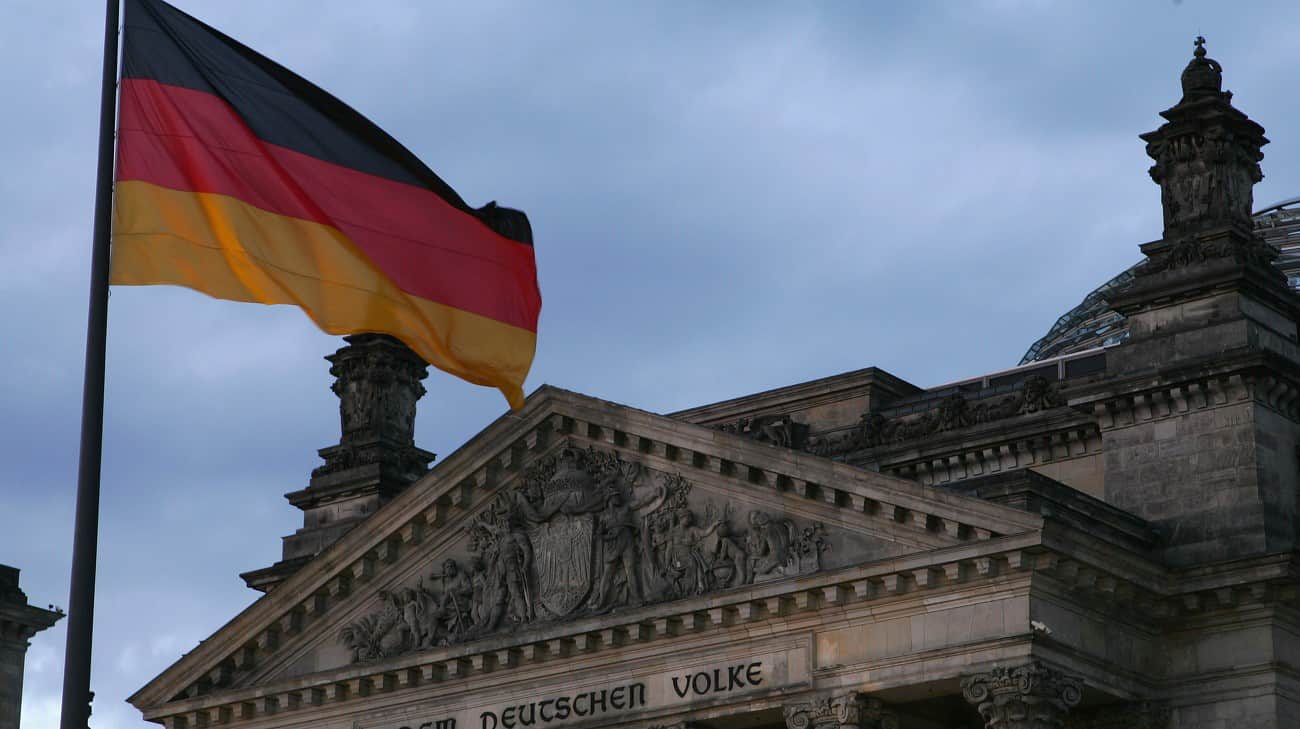Trump tests in Kashmir Diplomatic ambitions of India

India and Pakistan pulled away from the edge of a full -scale war after the United States encouraged both sides to end fire, but Delhi’s aspirations as a global diplomatic force are now facing a key test after President Donald Trump has proposed to mediate in the cashmere dispute.
India’s rapid rise as the fifth largest economy in the world has strengthened its self -esteem and influence on the world stage, where it plays an important role in dealing with regional crises such as Sri Lanka’s economic collapse and the Myanmar earthquake.
Kashmir – the Himalayan region in the heart of the feud between India and Pakistan
But the conflict with Pakistan for Kashmir, which has been ignited in recent days with an exchange of rockets, drones and air strikes, which killed at least 66 people, affects a sensitive nerve in Indian politics.
How India will stay at the top of a diplomatic « needle » – at the same time to win Trump’s favor on issues such as trade while defending his own interests in the Kashmir conflict – it will depend to a large extent on domestic policy and could determine the future prospects for conflict in Kashmir.
| « India … is probably not interested in wider negotiations (which requires the termination of fire). Compliance with it will be challenges, » said Michael Kugelman, an analyst for South Asia based in Washington. |
As a sign of how fragile the truce remains, the two governments accused each other of serious violations late on Saturday. The cessation of the fire, Kugelman noted, was « assembled quickly » when the tension was in its peak. Trump said on Sunday that after the fire was terminated, « it will significantly increase the trade in the two great nations. » Indian Prime Minister Narendra Modi, for his part, has not publicly commented on the conflict from the beginning.
| India considers Kashmir an integral part of its territory and is not open to negotiations, at least through a third-party mediator. |
India and Pakistan operate the picturesque Himalayan region in part, claiming it entirely, and have waged two wars and many other conflicts because of what India calls Pakistan rebellion there. Pakistan denies that he supports the rebels.
| « By agreeing to end the war under the insistence of the United States … Only three days of military operations, India attracted international attention to the Kashmir dispute rather than the cross -border terrorism of Pakistan, which caused the crisis, » said Brahma Chelany, a defense analyst. |
For decades after the division of the two sides in 1947, the West looked at India and Pakistan through the same prism that neighbors regularly struggled for Kashmir. This has changed in recent years, partly thanks to India’s economic rise, while Pakistan lags behind an economy less than one-tenth of India’s size.
The first drone war has begun between nuclear forces, the most powerful Pakistani comes out of the shadows
But Trump’s proposal to work to solve the Kashmir problem, along with the statement of US Secretary of State Marco Rubio, that India and Pakistan will start negotiations on their wider issues in a neutral place, annoy many Indians.
| Pakistan repeatedly thanked Trump for his proposal for Kashmir, until India acknowledges any role played by a third party in the termination of the fire, stating that it was agreed by the two countries themselves. |
Analysts and Indian opposition parties are already questioning whether Delhi has achieved its strategic goals by launching missiles against Pakistan last week, which they believe was in response to an attack last month against tourists in Kashmir, who killed 26 men. They accused Pakistan of the attack – an accusation that Islamabad denied.
Flying rockets deep in Pakistan, Modi showed a much greater appetite to take the risk of his predecessors. But the sudden termination of fire exposed it to a rare front criticism at home.
| A former Hindu Nationalist Party MP Bharatia Jana Modi, said the termination of fire was not well received in India, partly because « Trump suddenly appeared from nothing and pronounced his sentence. » |
The main opposition party Indian National Congress intervened by asking for an explanation from the government for « the termination of fire made by Washington ». « Have we opened the doors for third -party mediation? » Asked Congress spokesman Jaram Ramesh.
And although the fighting has stopped, there are a number of sharp points in the relationship that will test India’s determination and may tempt it to take a firm position.
The main problem for Pakistan, according to diplomats and government officials, will be the Treaty of the Waters of India, which India terminated last month, but which is a vital source of water for many Pakistani farms and hydroelectric power plants.
- « Pakistan would disagree (to end the fire) without the US guarantees for a broader dialogue, » said Bilaal Bhuto Zardari, a former foreign minister and current chairman of the People’s Party of Pakistan, who supports the government.
- Myid Yusuf, a former Pakistan National Security Advisor, said a broad agreement would be needed to interrupt the cycle of balancing the tension for the cashmere.
« Because the main problems remain every six months, one year, two years, three years … something similar happens and you are returning to the edge of war in a nuclear environment. »









